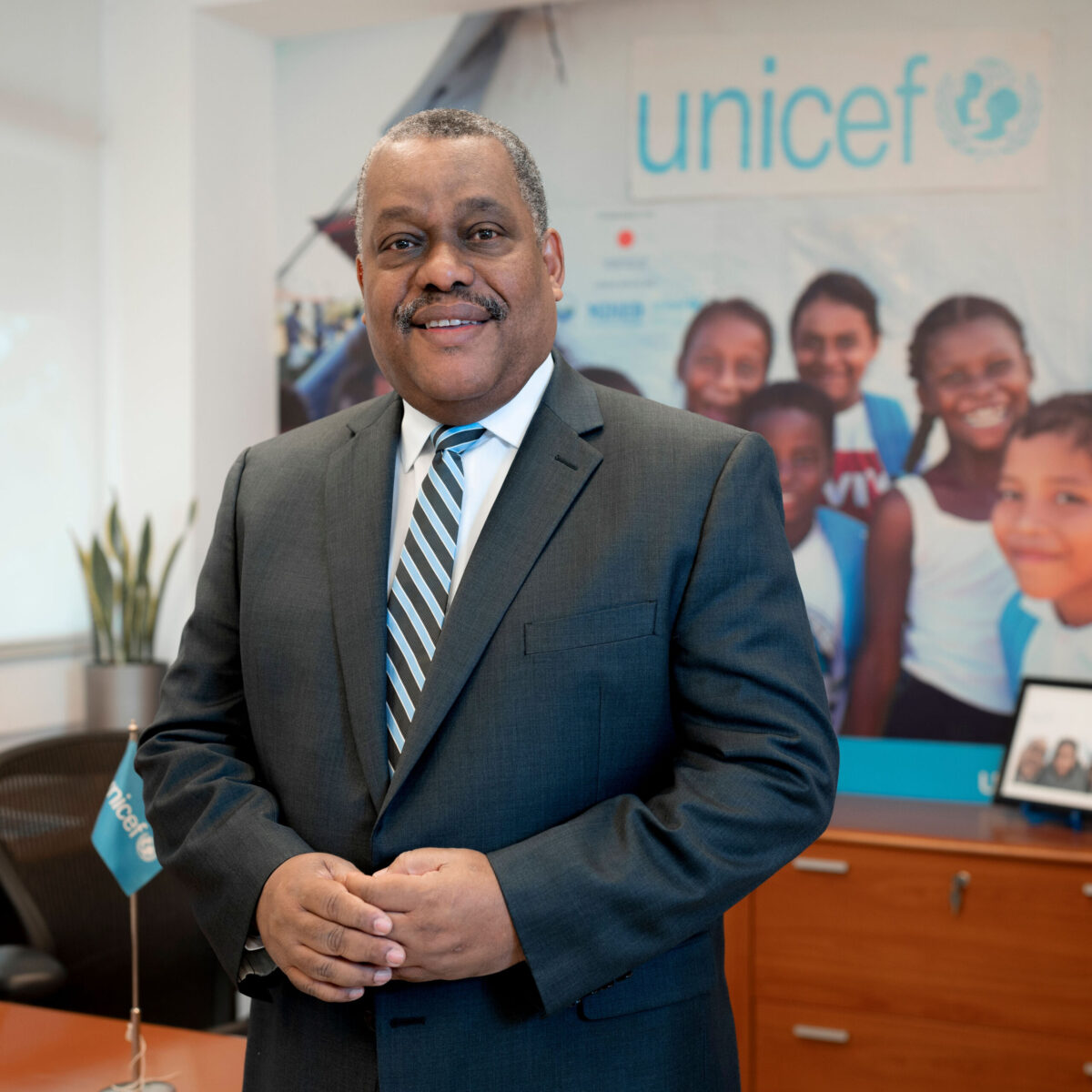- Membership
- Perks and Discounts
- Things To Do
- Resources
- News
- About
- Shop
Related Content
Alumnus Named Lineberger Center Director
June 26, 2024
Dr. Robert Ferris ’90, a head and neck surgical oncologist, has been named executive director...
Read MoreTwo Alumni Receive Arts Honors
June 12, 2024
The New York Carolina Club honored two alumni — one a Tony- and Emmy-nominated writer...
Read MoreEric Garcia ’14, Distinguished Young Alumnus Award Citation
April 22, 2024
Autism defines how Eric Garcia ’14 lives, not who he is. He grew up hearing...
Read More-
2024
-
2023
-
2022
-
2021
-
2020
-
2019
-
2018
-
2017
-
2016
-
2015
-
2014
-
2013
-
2012
-
2011
-
2010
-
2009
-
2008
-
2007
-
2006
-
2005
-
2004
- Academics and Athletics
- Admissions
- Alumni Profiles
- Alumni Recognition
- Around Town
- Arts
- Books
- Campus Profile
- Campus Safety
- Carolina Alumni Awards
- Carolina Alumni Leadership
- Carolina Alumni Programs and Outreach
- Carolina Alumni Reunions
- Carolina Alumni Review
- Celebrations
- Championships
- College and Costs
- Commencement
- Coronavirus
- Discovery
- Extracurricular
- Faculty
- Faculty Awards
- For the People
- Go Heels
- Greek Life
- Hark the Sounds
- Higher Education
- Homecoming
- In Class
- In Memoriam
- Innovation and Technology
- Issues
- Object Lesson
- On View
- Our Treescape
- Philanthropy
- Podcast
- Public Service
- Race and Reckoning
- Research
- Sexual Assault
- Silent Sam
- Sports
- Structures
- Student Achievement
- Students
- Timelines
- Tuition and Financial Aid
- UNC Libraries
- UNC’s History
- Undergraduate Spotlight
- University Achievements
- University Awards
- University Budget Issues
- University Development
- University Leadership
- University News
- University Rankings
- What We Do
- Who We Are
- Young Alumni
- Yours at Carolina
Alumnus Named Haitian Prime Minister
Posted on June 6, 2024
Haiti’s Presidential Transition Council named Garry Conille ’99 (MPH) prime minister May 28, tasking him with addressing the gang violence in the country until elections for a new president can be held, most likely in early 2026. (Photo: UNICEF)
As Haiti faces a political and humanitarian crisis marked by increasing gang violence and economic instability, a UNC alumnus will try to stabilize the country as its new prime minister.
Garry Conille ’99 (MPH) was sworn in June 2. He succeeds Michel Patrick Boisvert, who was appointed interim prime minister after the country’s former leader, Ariel Henry, resigned in April after gang violence closed the international airport in Haiti’s capital, Port-au-Prince, preventing him from returning to the country from a trip to Kenya, according to The New York Times.
Haiti’s Presidential Transition Council named Conille prime minister May 28, tasking him with addressing the gang violence in the country until elections for a new president can be held, most likely in early 2026. Conille served as Haiti’s prime minister from October 2011 to February 2012, when the country was still trying to recover from a devastating earthquake in 2010 that killed between 100,000 and 160,000. (See “Mr. Prime Minister,” January/February 2012 Review.) At the time, Deborah Bender ’82 (MPH), a professor emeritus of public health, touted Conille’s “indefatigable energy and commitment” to alleviating poverty, adding, “Haiti is fortunate to have such a leader to constructively champion a way forward.”
Now Conille must manage the violence, and his appointment comes at a critical time as Haiti — with the arrival of a U.N.-backed security mission led by Kenyan police — tries to restore order. “We are going through an interesting moment, a moment of political groups putting aside their differences for the interest of the nation,” Conille said during the swearing-in ceremony in Port-au-Prince, according to Reuters. “The first instruction the transition council members gave was that we have no time to lose.”
Conille also said while the council has an “encouraging” disposition, he’s aware there are difficulties and challenges ahead. Haiti’s political landscape is equally volatile, and most of its elected positions remain unfilled due to the unrest.
Conille will work with the nine-member transitional council, which will hold some presidential powers until elections. Haiti has been without a president since the assassination of Jovenel Moïse in July 2021.
Conille faces significant challenges as more than 80 percent of Port-au-Prince is controlled by armed gangs, and more than 4,000 people have been killed or injured in gang-related violence this year, according to the Associated Press.
Fluent in English, French and Creole, Conille has 25 years of experience with the United Nations and other foreign aid agencies. In addition to his master’s degree from UNC’s Gillings School of Global Public Health, he has a medical degree from the University of Haiti. Conille was a Fulbright Scholar at UNC and has held senior positions with the International Federation of the Red Cross and Red Crescent Societies. Before his appointment as prime minister, he served as UNICEF’s Regional Director for Latin America and the Caribbean.
© 2024 Carolina Alumni
